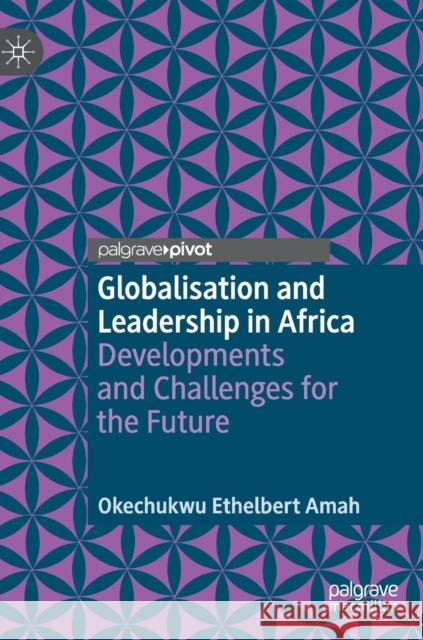Globalisation and Leadership in Africa: Developments and Challenges for the Future » książka
topmenu
Globalisation and Leadership in Africa: Developments and Challenges for the Future
ISBN-13: 9783319987637 / Angielski / Twarda / 2018 / 123 str.
Focusing on both pre-colonial and post-colonial eras, this book aims to cultivate a greater understanding of globalisation processes in the context of leadership behaviour in Africa.











